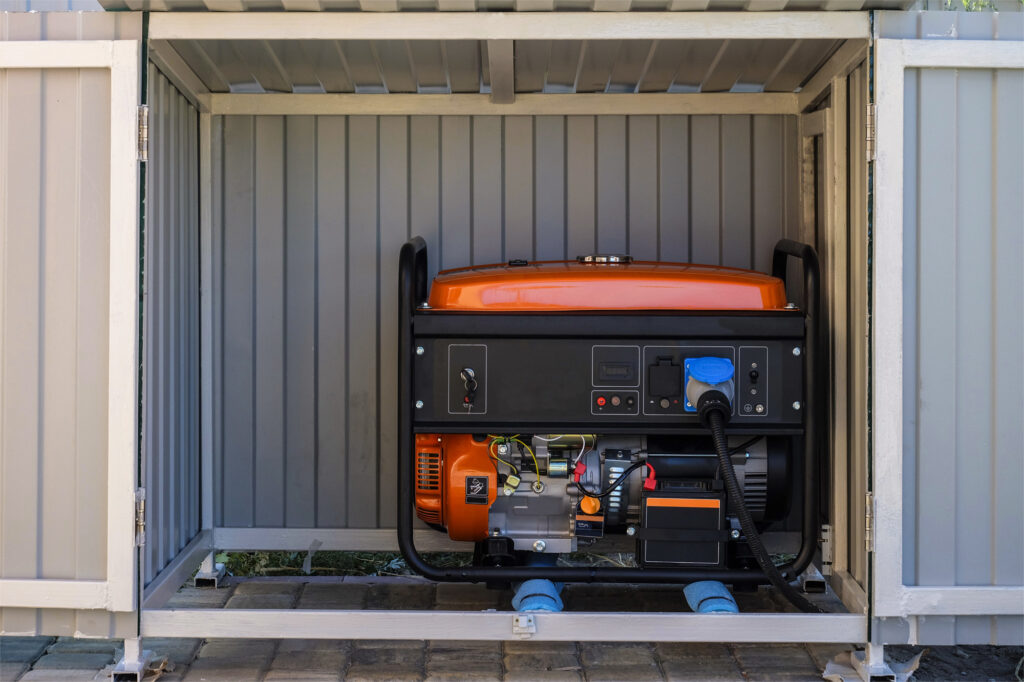What Type of Generator Is the Best for My Home?
In times of blackouts or emergencies, having a power backup for your home is essential. The right generator can keep your food cold, your internet working, and your essentials around the house operating as normal.
There are many different types of generators for homes, and it’s important to know the differences. Read on for our guide to different home generators, so you can choose the right one for your home!
Portable Types of Generators for Homes
If you’re looking for a simple, inexpensive generator for your home, portable generators are the way to go. These come in a variety of sizes, prices, and power levels, but we’ll go over some of the most popular.
Recreational portable generators are the most common generators you’ll see around. These can be used for the home, but are often used for camping, attached to motorhomes, or brought to outdoor parties for an external power source. These generators are generally powered by gasoline, and are some of the cheapest generators, but also won’t do too much good during an extended outage.
Residential portable generators fall under the same category but are often larger and more expensive. These generators are also generally powered with gasoline. While they are portable, they take a lot more effort to move around and are usually stored in the garage for emergencies. These will power your essentials for quite a while, especially if you have backup gasoline stored away.
Standby Generators
When you think of full protection from blackouts, long outages, and emergencies, you’re probably envisioning a standby generator.
Standby generators are large systems that come with automatic transfer switches. This means that when the power goes out in a big storm, you don’t have to run outside to start the generator, it automatically starts going. These units are generally fixed to a singular location and are weatherproof, so you don’t have to worry about anything.
Standby generators are also more expensive, and require a professional installation. You can check out this guide to learn more about standby generator installation. Regardless of the cost and time it takes to get a standby generator, it’s worth it if you want peace of mind and full protection for your home.
For residential homes, these generators are often run via natural gas, since it doesn’t need to be refilled and is supplied through the same lines that provide natural gas to your heating systems in the home. These generators can also be fueled via diesel, gasoline, and solar power.
Keep Your Home Protected
While these types of generators for homes can save you in times of blackouts, power outages, and emergencies, there are other ways to keep your home protected.
Industrial generators are often used at off-grid construction sites, but can also be brought into neighborhoods during emergencies to provide power to those without generators and rescue workers.
For more tips and information on how to protect your home, and make it the home of your dreams, keep reading our other articles. We’re here for every step of making a house a home.
